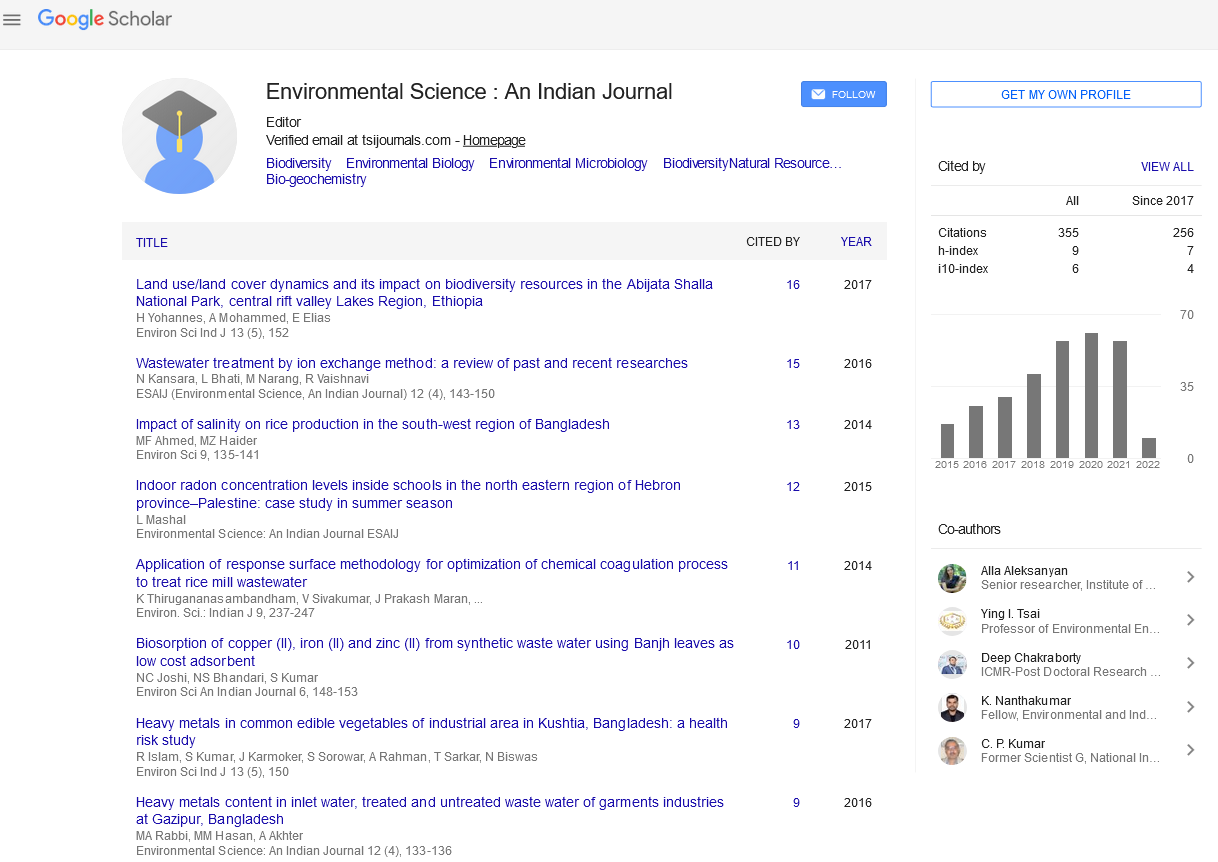Abstract
Effect of the chemical dosing by treatability study for the removal of color, odor and chemical oxygen demand for the textile industry waste water
Author(s): Rajendra Singh Thakur, Rubina ChaudharyThis paper discusses on treating effluent in the textile Industry. Several countries, including India have introduced strict ecological standards. They are consumes large quantities ofwater and produces large volumes ofwastewater in processes.Wastewater from textile industry has a high or low pH, high temperature and a high concentration of organic materials. Removing color and organics from wastewater is more important because the presence of small amounts of dyes is clearly visible and detrimentally affects the water quality. Simple chemicals such as alum, lime or iron salts can be added to wastewater to cause heavier masseswhich can be removed faster through physical processes. The analysis results were depicted in the stage-wise performance of the ETP of inlet and outlet effluent quality. The receiving influent pH 7.25 and effluent pH was 7.8. The removal efficiency of total dissolve solids, total suspended solids, chemical oxygen demand and chloride was hardly to be 22.66%, 69.52%, 90.46%and 9.93%respectively. The results of the Treatability study have shown that alum dosing individually and in combination with lime can remove color and COD frommoderate to high degree of dose. 100 ppmof alumdose gives desired reduction of color and COD.

